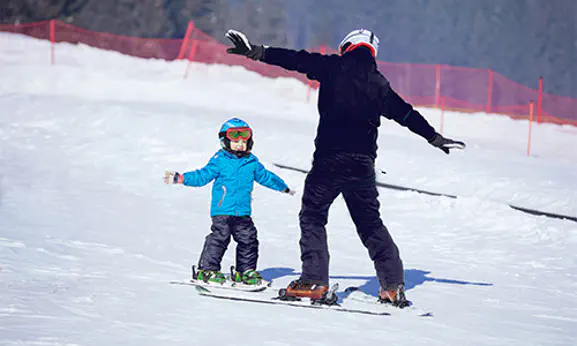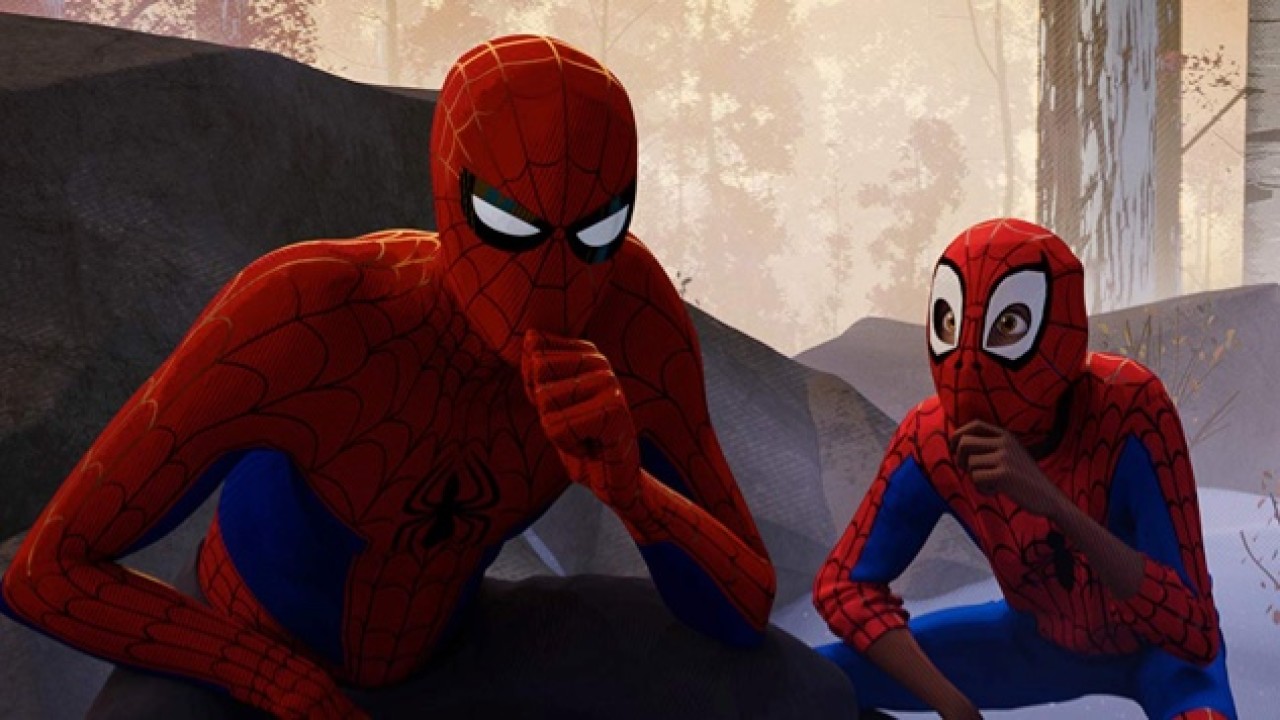Cultural transmission of technical expertise
 What are the cognitive mechanisms supporting the transmission of technical skills?
What are the cognitive mechanisms supporting the transmission of technical skills?People are capable of highly skilled motor actions, from snowboarding and ballroom dancing to everyday behaviours like driving a car or tying shoelaces. None of these are things that most of us can come up with on our own. Our only chance of learning some actions is to find someone who can already do it and learn from watching.

While there have been substantial advances in understanding how such skilled actions are learned through social learning mechanisms, this literature has typically focussed only on the learner and how they imitate or emulate simple actions or action sequences of an observed model in one-off learning episodes. Simple actions learned over a short period of time are treated as a working laboratory model of complex real-world techniques that are learned and perfected over the course of many years.
On the other hand, research from anthropology, cognitive science, sport psychology, and other fields indicate that expertise is much more than being able to produce a particular action or action sequence: experts are flexible, responding to environmental and situational contingencies fluidly and competently with clear understanding of the relevant dynamics, constraints, and limitations of their actions. True expertise, then, is more than merely a sequence of actions learned through blind copying and performed stereotypically, but a complex set of psychological, motor, and evaluative skills that impact the transmission, acquisition, and long-term evolution of techniques.
This project approaches the question of cultural learning of techniques through the lens of interactivity, studying the intrinsic roles that coordination, communication, and joint action play in the innovation, propagation, and evolution of technical skills, with an emphasis on understanding how the dynamics and mechanisms at play in interactions can lead to complex traits such as expertise and the role that these play in human culture.